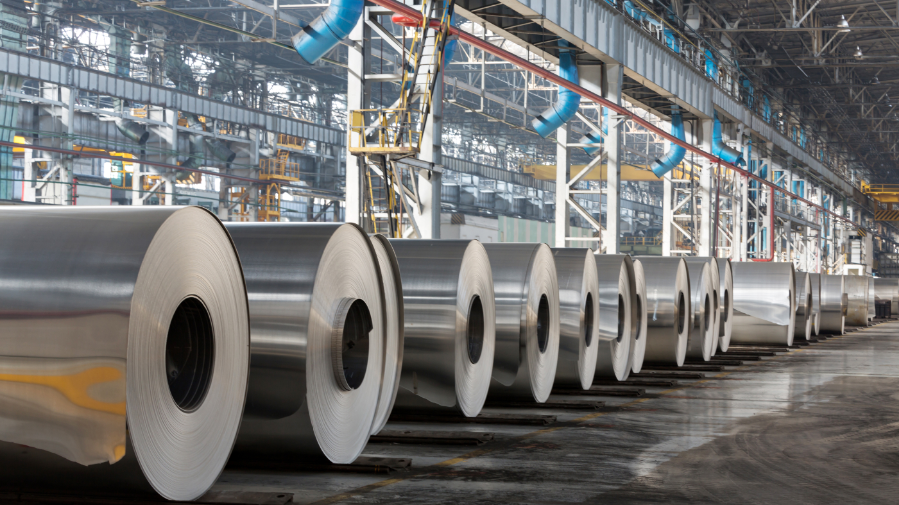
“Any producer of aluminum would be looking pretty seriously at the viability of their facilities,” Miles Prosser, head of the International Aluminium Institute, said in a phone interview. “If you look at comparisons of global electricity prices — and they are a key determinant of how competitive a smelter is — then Australia is very much at the high end at the moment.”
In a low-carbon world, Australia should be the lowest cost place to manufacture aluminum thanks to its abundant solar and wind resources
High electricity prices have lifted costs for the country’s smelters. Australian industry was still paying too much for natural gas — a major driver of wholesale power prices — the country’s competition regulator said in an August report, noting that while prices had eased in 2020 the decline was not in line with bigger falls seen in the global liquefied natural gas market.
Alcoa Corp., which has been reviewing options for its Portland plant since even before the pandemic, may shutter the smelter after a four-year pact with the government to provide financial support expires next year. Rio Tinto Group’s three smelters, including the country’s biggest at Tomago, are similarly seen under threat unless the economics improve after the commodities giant announced the closure of its Tiwai Point facility in New Zealand earlier this year.
Government intervention to curb power prices or better design of the energy market are among the options to rein in costs for the smelters, Prosser said. As the grid transitions to rely more on intermittent wind and solar power, it’s useful to have energy consumers such as smelters, which can adjust their electricity demand quickly in response to peaks and troughs in supply.
In a low-carbon world, Australia should be the lowest cost place to manufacture aluminum thanks to its abundant solar and wind resources, Prosser said. The outlook for aluminum demand is strong over the next couple of decades, with environmental considerations likely to see it favored by manufacturers for its recyclable qualities, he said.
“In a lot of ways, Australia is addressing that challenge of how you transition the grid probably sooner than is happening elsewhere. There’s opportunity there if they get the settings right,” said Prosser.




